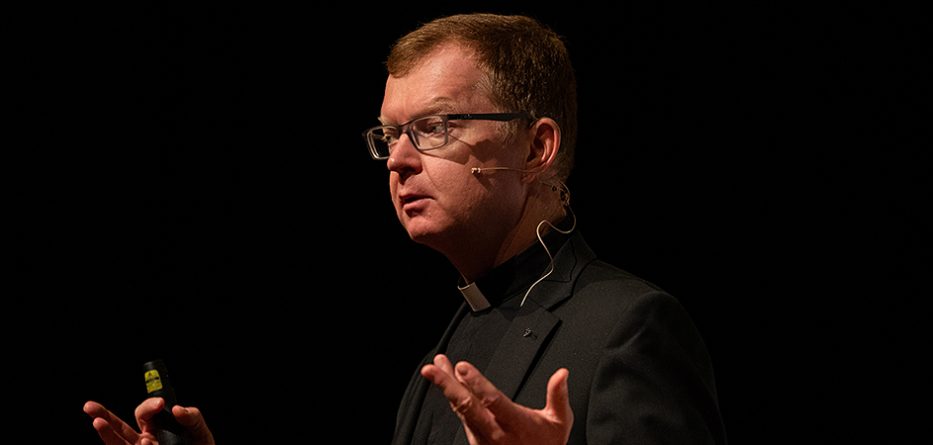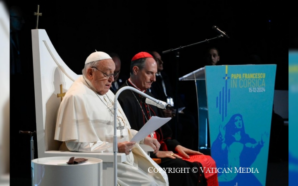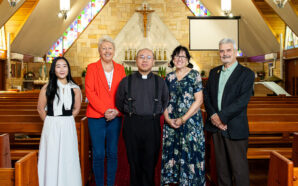Priestly formation should focus as much on relationships and formation around sexuality as it does on the intellectual, spiritual and pastoral aspects of priesthood, international child protection expert Fr Hans Zollner told Australian seminarians and formators last week.
Catholic Professional Standards Limited held the first session of its online Seminary Formation and Safeguarding Seminar last Friday, which included a keynote from Fr Zollner for seminarians and others involved in forming people for religious life.
The Head of the Centre for Child Protection at the Pontifical Gregorian University, Fr Zollner spoke of a recent study on priestly formation by Sr Anna Mary Thumma, which highlighted how both those in formation, and those doing formation, both believe that there is inadequate focus on the human aspects of priestly life.
Relational Formation
“My own experience tells me that we really focus much in formation on questions of faith and theology – and this is certainly one key area – but we focus much less on relational, emotional and other issues that also need to be addressed,” he said.
He asked formators to consider how many priests leave the priesthood because of crises of faith or theology-related issues, as compared to those who leave because of issues around human relationships and sexuality.
“I’m a university professor, so I have nothing against intellectual formation. But when we look into the real needs and the real challenges that priests live up to, my question is whether pastoral, spiritual and the human formation needs much more attention given to them.”
One of the issues is that priests in formation may not trust formators enough to come forward to them about their anxieties and problems in these areas because they’re worried about being sent away.
“They try to go underwater from the day of their entrance in seminary and they dive through for five or eight or whatever years, trying to be as calm and trying to not to show any signs of disturbance or trouble or questions,” Fr Zollner said. “The fear is that they will be thrown out of the seminary, so they become what I would call ‘submarines’.”
Similarly, bishops and formators might themselves be hesitant to initiate these conversations for fear of losing people from the priesthood.
“Formators may stand by on the shore of the river, but they don’t intervene, they don’t make them aware of where the dangers are, where they would need to be to go through faster, or take more time.”
Question of Trust
Where this is the case, seminary formation will not correspond to the real needs of the seminarians, nor be what the Church is asking for priestly formation to be.
At the heart of everything, he said, there is the question of trust.
“Many seminarians fear that they will be thrown out of the seminary. The know they have problems, but they don’t feel they can trust the formators. So, the big elephant in the room is how we can establish, how we can further, trust among seminarians and formators, and also among seminarians themselves.”
Fr Zollner also spoke about the importance of the pre-seminary screening of candidates. First, he said, nobody who had committed crimes or shown problematic behaviour should be admitted to the seminary.
Second, he said, those in seminaries who have experiences of abuse – whether at the hands of family members, teachers or clergy – should receive special and suitable accompaniment.
Ongoing formation programs
Finally, he said specific seminars and courses on the protection of minors should be included in the initial and ongoing formation programs for religious. These should cover appropriate ways of dealing with young people, as well as awareness of other areas of exploitation and violence, including trafficking and abuse of minors.
He said safeguarding needs to be addressed throughout the whole of seminary formation.
“It’s not done by simply having safeguarding seminars, or having workshops on celibacy and so forth. This is something that needs to be addressed throughout the whole formation process. Otherwise it does not really enter into the system.”
Reproduced with permission from Australian Catholics, a publication of Jesuit Communications Australia.








